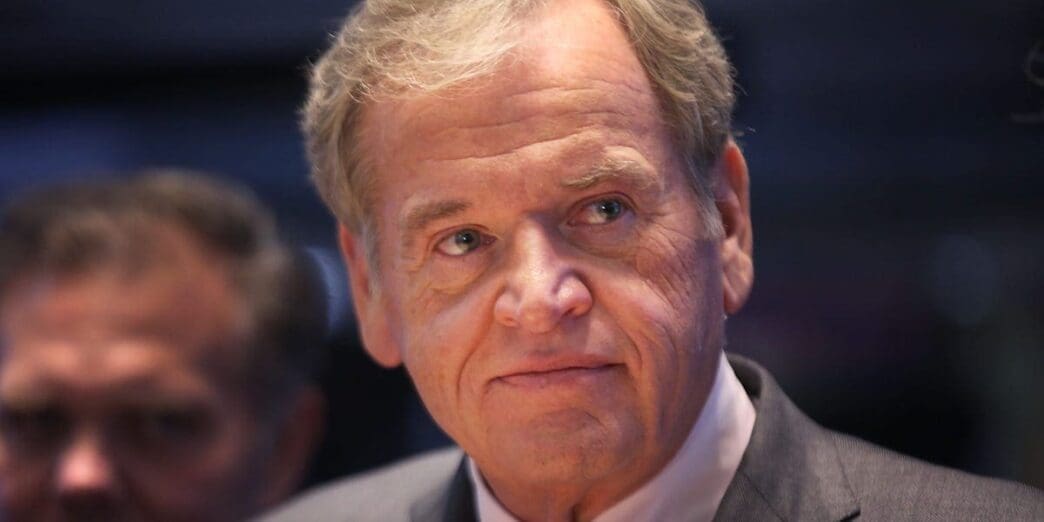In a significant move within the advertising industry, Omnicom and Interpublic Group (IPG) have announced a $13.25 billion all-stock merger. This deal positions the newly formed entity as the largest ad-agency company globally, reflecting the current challenges faced by the sector due to influences from Big Tech and artificial intelligence.
The merger, first reported by The Wall Street Journal and later confirmed by the companies, aims to consolidate a sector grappling with disruptions from technological giants and the rise of AI. Industry experts highlight that a larger company can wield more influence, potentially driving beneficial deals though it’s accompanied by the likelihood of job reductions.
Omnicom and IPG’s merger creates an entity with projected revenues exceeding $25 billion. The integration involves combining Omnicom’s creative and media-buying agencies, like BBDO and Omnicom Media Group, with IPG’s McCann Worldgroup and Mediabrands, surpassing Publicis Groupe, the current leader in market capitalization and revenue.
The merger suggests a strategic shift toward leveraging AI and data-driven marketing. This approach is becoming a critical differentiator in the industry, as noted by Simon Nicholls from GP Bullhound. However, insiders admit that both companies’ investments in these areas have lagged compared to competitors.
Former WPP CEO Martin Sorrell expressed skepticism regarding the merger’s potential, describing it as “a merger of two drunkards leaning against the lamppost as far as AI is concerned.” He criticized the lack of detail on proprietary AI investments compared to rivals.
Laura Desmond, an ad industry veteran, sees the merger as an opportunity to invest in AI-powered creative and tech, crucial in media planning and buying. She emphasizes that scale can enhance leverage in negotiating deals and reselling ad inventory.
Some analysts view the merger as opportunistic. IPG has recently lost significant accounts like Amazon, General Motors, and Pfizer, while Omnicom’s stock performance is robust. This strategic alliance, expected to finalize by late 2025, involves IPG CEO Philippe Krakowsky becoming co-president and co-COO of Omnicom.
While cost-saving synergies, including potential workforce reductions, are anticipated to reach $750 million annually, the implications for ad-agency jobs are concerning. The Forrester report indicates that automation in the industry could result in significant job losses by 2030.
The consolidation may open prospects for smaller agencies, particularly those that can navigate the complexities absent in larger networks. Industry experts caution against relying on mid-sized firms, advocating instead for aligning with major holding companies or specialized boutique agencies.
The Omnicom-IPG merger signals a transformation in the ad-agency landscape, underscoring the need for scale and technological adaptation to remain competitive. As the industry evolves, embracing AI and data-driven strategies will be crucial for survival and success.
Source: Businessinsider








